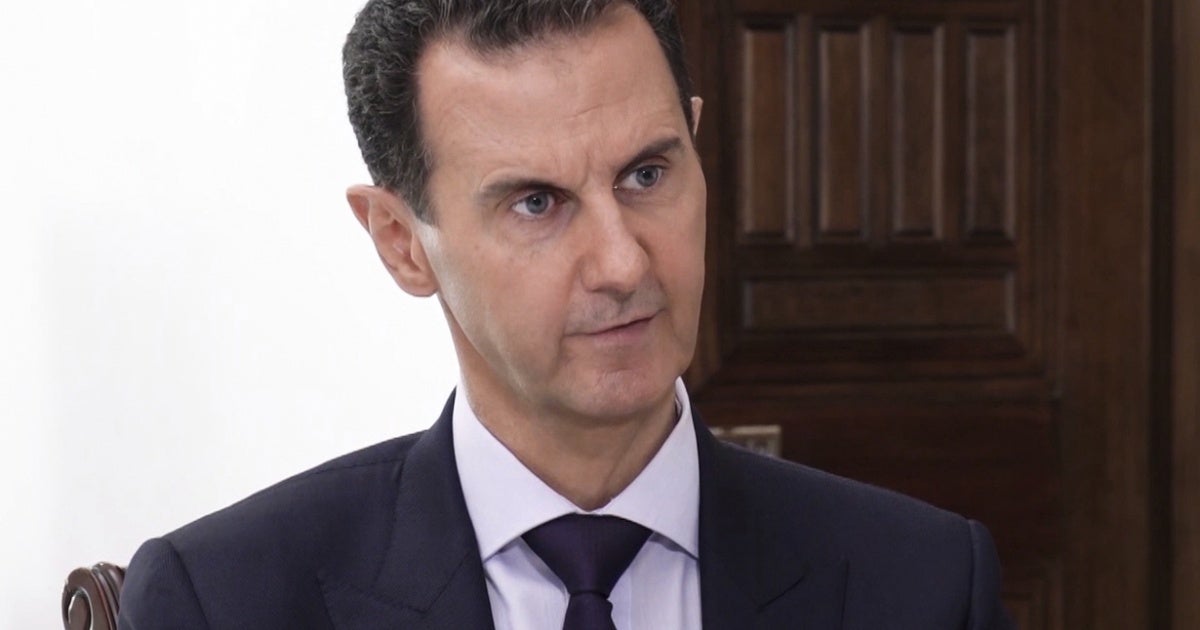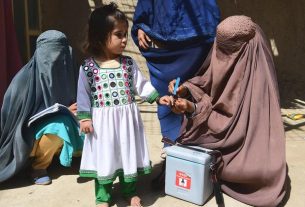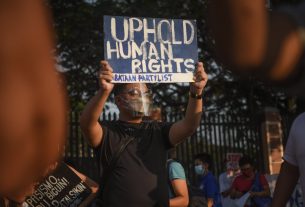On September 22, Syrian President Bashar al-Assad issued a much-anticipated general amnesty, granting pardons for a range of crimes including military desertion and minor offenses. But the amnesty will bring no relief to thousands of Syrians unjustly detained for opposing Assad or participating in protests.
Like its predecessors since 2011, the new decree does not cover individuals convicted of crimes that are “a serious assault on society and the state.” That means thousands detained for political opposition or peaceful activism – many of whom were subjected to torture and convicted in sham military trials – will not be part of the amnesty.
This decree is the latest in a series of shallow gestures designed to deflect international criticism as Syria faces an ongoing case at the International Court of Justice for systematic torture in detention. Past decrees, including those Human Rights Watch criticized in 2014 and 2022, similarly failed to address Syria’s enduring detainee crisis, stunting any progress in the path towards justice and accountability.
“Abu Mahmoud” is among the Syrians whose hopes were dashed by Assad’s latest decree. His son, he said, is currently serving two life sentences following convictions on vague terrorism charges. Arrested in Damascus during the early days of the Syrian uprising, during which he participated in anti-government protests, he was tried and sentenced in the now-abolished military field courts – notorious for lack of due process. Abu Mahmoud knows where his son is held and some family members have been able to communicate with him. But so many others remain in the dark about the fate of their loved ones, enduring the agonizing uncertainty of whether they’re even alive or dead.
For families like Abu Mahmoud’s, each new amnesty decree is a cruel reminder of the Syrian government’s refusal to come clean on years of detention abuses. “Feelings of frustration and despair overcome me every time a pardon is issued and I do not find my son’s name included,” he said.
The Syrian government’s strategy of issuing selective amnesties aims to give the appearance of reform while maintaining control through fear and repression. The repeated exclusion of those arrested for peaceful political opposition sends a clear message: there will be no justice or clemency for those who dared to challenge the government.



